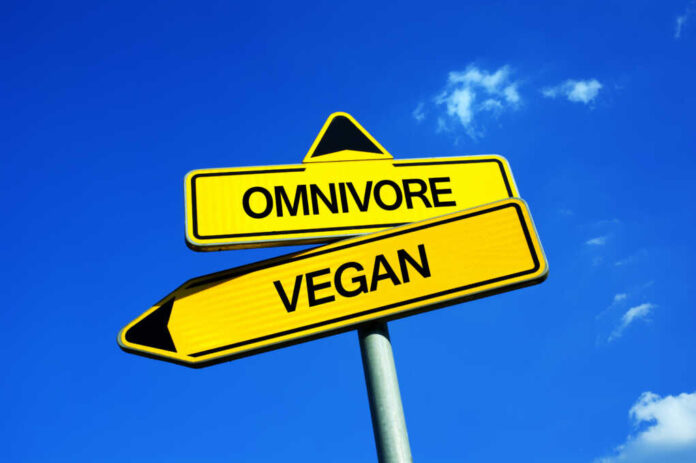
In 2020, an estimated 523 million people had some type of cardiovascular disease. The condition was also responsible for approximately 19.1 million deaths globally in the same year.
While researching ways to reduce risk factors associated with this condition, scientists at Stanford University conducted studies on pairs of identical twins and discovered that a vegan diet could boost your cardiovascular health in just eight weeks compared to an omnivore diet.
This article examines the research findings and the effect of vegan diets on cardiovascular health.
How Was The Study Conducted?
For this study, researchers recruited 22 pairs of identical twins, with one twin asked to follow a vegan diet while the other ate an omnivore diet. Over the next two months, the 44 study participants followed either a vegan diet that was entirely plant-based with no meat or animal products or an omnivore diet that involved meat and other animal-sourced foods like dairy and eggs.
Some vegan meals included coconut curry spinach, chickpeas with quinoa, and a black bean bowl with tofu. On the other hand, omnivore diet meals include honey dijon steak with vegetables and rice and BBQ chicken with broccoli and quinoa.
What Were The Study’s Findings?
Researchers weighed the study participants at three points during the study and drew blood. They discovered that the average LDL cholesterol level for those on the vegan diet was 110.7 mg/dL and 118.5 mg/dL for the omnivore participants. By the study’s end, those levels fell to 95.5 for vegans and 116.1 for omnivores.
Scientists also discovered that study participants following the vegan diet had about a 20% decrease in fasting insulin levels and shed an average of 4.2 Ibs more than those following the omnivore diet.
Small Diet Changes Can Positively Impact Heart Health
While not everyone may be interested in going vegan, medical experts agree that even slight changes to a diet can positively impact cardiovascular health. They also said that the vegan diet is rich in foods considered “heart-healthy” and associated with decreased heart disease risk, such as fruit, vegetables, legumes, whole grains, and nuts.
Some dietitians also believe that a vegan dietary plan might not be appropriate or desirable for everyone, but focusing on adding more variety of plants to your diet is very beneficial and applicable.
Conclusion
A recent study shows that vegan diets offer many cardiovascular health benefits. You can also eat more vegetables if your vegan diet is hard to follow.






















